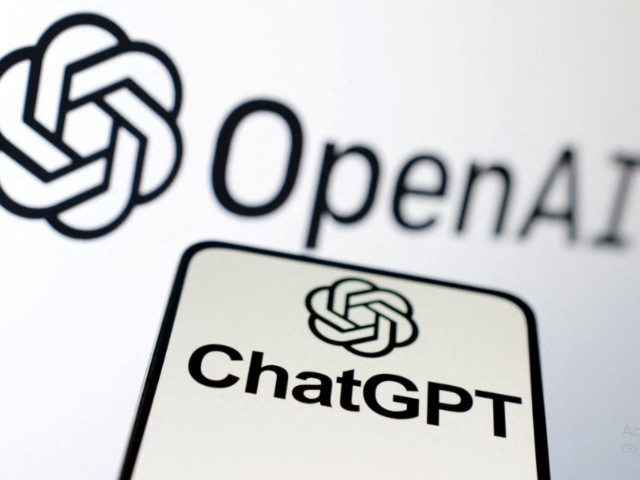
OpenAI has announced the launch of Operator, a new AI agent that can autonomously perform tasks online.
This launch is a significant step in the company’s efforts to advance AI agents, a technology that Sam Altman, CEO of OpenAI, described as pivotal for 2025.
Operator is a general-purpose AI tool designed to perform various web-based tasks, including making travel bookings, reserving restaurant tables, and shopping online.
Initially available to US users with the $200 Pro subscription plan, the research preview of Operator is set to expand to users in the Plus, Team, and Enterprise tiers in the future.
OpenAI also plans to roll out the feature to more regions, although Europe will have to wait a bit longer. The tool is accessible through the dedicated site, operator.chatgpt.com, with plans for future integration into all ChatGPT clients.
Operator works by taking control of a dedicated web browser that can carry out tasks independently.
Users are able to monitor the process, which involves actions like navigating menus, clicking buttons, and filling out forms, just as a human would interact with a website.
1737708174-0/sidra--(8)1737708174-0.png)
Photo: OpenAI
The agent uses OpenAI’s Computer-Using Agent (CUA) model, combining the vision capabilities of GPT-4 with advanced reasoning. The model can handle a wide variety of online tasks without relying on developer-facing APIs.
The tool’s capabilities include shopping, delivery, dining, and travel, and OpenAI has partnered with businesses like DoorDash, eBay, Instacart, Priceline, StubHub, and Uber to ensure that the agent adheres to these companies’ terms of service.
The CUA is programmed to ask for user confirmation before finalizing any task with external effects, such as making purchases or sending emails, allowing users to review the actions before they are completed.
Despite its advanced capabilities, OpenAI acknowledges that the CUA isn’t perfect. Currently, Operator struggles with complex or specialized tasks, such as creating detailed slideshows or managing intricate calendar systems.
Tasks that require interaction with highly customized or non-standard web interfaces are also problematic. Additionally, some tasks, like banking transactions, require user supervision to ensure accuracy.
Although Operator is capable of completing many tasks autonomously, OpenAI has imposed certain security measures to prevent misuse.
For instance, users must manually input sensitive information like credit card numbers, and on particularly sensitive sites like email, active supervision is required to prevent any errors from going unnoticed.
There are also certain limitations on how many tasks Operator can perform. OpenAI has set dynamic rate limits on the number of tasks that can be done at once, with an overall daily usage limit.
In addition, some tasks are restricted for security reasons, including sending emails and deleting calendar events. These restrictions may be lifted in the future.
While Operator represents OpenAI's most advanced AI agent to date, it comes after a slow start compared to competitors like Rabbit, Google, and Anthropic. The development of such tools raises significant safety concerns, particularly given the potential for malicious use.
OpenAI has built safeguards into Operator to mitigate such risks, including monitoring systems that pause execution if suspicious activity is detected and continuous updates to its security protocols.
The release of Operator marks a major milestone in the development of AI agents, which have been hailed as the next major evolution in AI. Unlike traditional virtual assistants like Siri or Alexa, AI agents can take actions and perform tasks autonomously, offering new potential for how users interact with the web and digital services.






















COMMENTS
Comments are moderated and generally will be posted if they are on-topic and not abusive.
For more information, please see our Comments FAQ